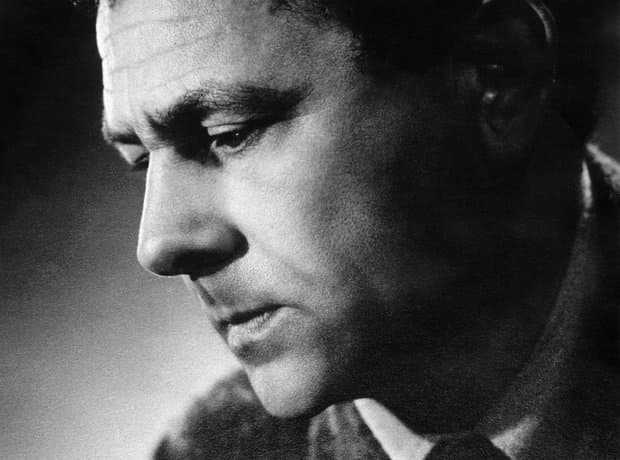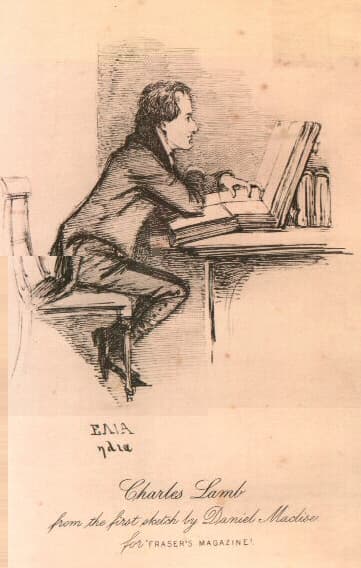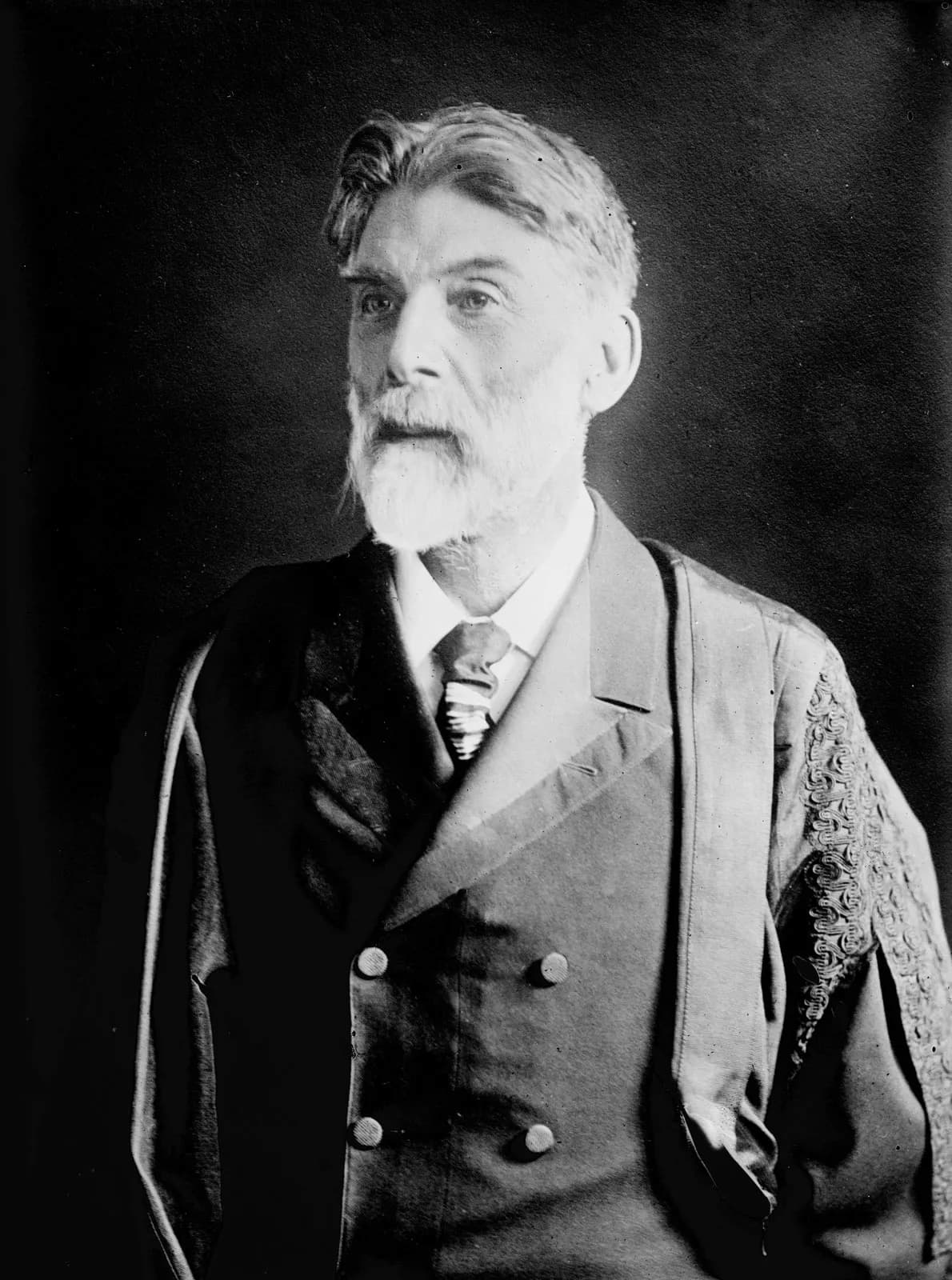The arrival of the New Year is a time filled with a lot of emotion and questions. Will 2023 be better than 2022? Will I be able to achieve what I want in 2023? How do I change what I hated about 2022? I resolve to be better / different / happier in 2023.
One composer who captured this fraught time was the British composer Gerald Finzi (1901-1956). In his New Year Music, written in 1928 for the Bournemouth Symphony Orchestra, he composed a work that reflected his ambivalence at the change of year: ‘I love New-Year’s eve, though I think it’s the saddest thing of the year.’

Gerald Finzi
Finzi cites an essay by Charles Lamb (1775-1834), New Year’s Eve, which appeared in his collection Essays of Elia, published in 1823. In the essay, Lamb declares that everyone has two birthdays – one is our actual birth-day and the other is New Year’s Day. Lamb mentions the sounds of bells that ‘ring out the Old Year’. It makes him recall images from the entirety of the past year, but it’s not a procession of triumphs, but ‘all I have done or suffered, performed or neglected in that regretted time’. He sees the changing of the year as an ‘awful leave-taking,’ and a time for sober sadness.

Charles Lamb
The other work Finzi cites is a poem by Robert Bridge (1844-1930) ‘Noel: Christmas Eve 1913’ opens with the Latin tag: Pax hominibus bonae voluntatis (Peace to men of goodwill). Set on Christmas, not New Year’s Eve, the poem is a retelling by the poet of walking out alone on a frosty Christmas Eve. Bells are peeling in distant churches and, above him, the stars twinkle in a dark vault. And so, he imagines himself as with the first shepherds, watching their flocks through the night, hearing the music in the air around them. Was it angels singing – or the stars singing? The poet believes that he’s hearing not mundane church bells but the starry music of the angels, comforting man as Christ comforted his sorrowful flock.

Robert Bridges
Finzi opens with Lamb’s melancholic mood, but in the middle, in a dance-like fashion, he picks up Bridges’ starry night and the interplay of the stars and angels. The work closes again in melancholy, but it’s both Lamb’s melancholy and Bridges’ alone-ness, the solitary walker out on a starlit night.
Gerald Finzi: New Year Music, Op. 7 (Bournemouth Symphony Orchestra; David Hill, cond.)
New Year’s Eve isn’t always a time of festivities – Finzi gives us a New Year’s Eve of pensive, if not sad, recollection.
For more of the best in classical music, sign up to our E-Newsletter

I thought I had heard all of Finzi’s instrumental music, but this New Year Music had escaped me. A very welcome addition to my admiration of a fine British composer.